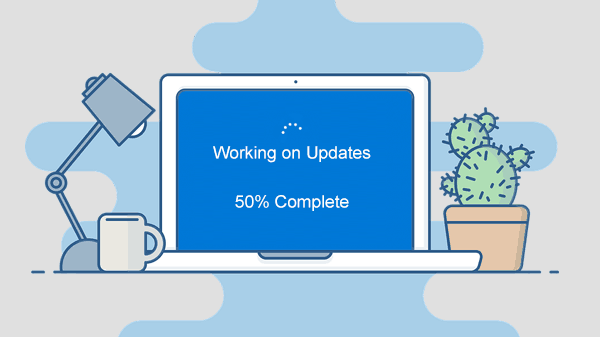Backup to the cloud
While you’re jet setting around, relaxing on a beach or hiking your way to freedom, your tech is always going to be exposed to a level of risk. This might range from accidentally leaving your laptop at a cafe to having it stolen from your bag, but either way, the problem is the same – your data is now gone. If you’ve backed up your devices to the cloud (eg Evernote, Microsoft OneNote or Google Drive) you’ll be able to access your files easily and securely from anywhere.
Hot tip: Scan or save important documents like itineraries and passports to the cloud.
Pack the right cables
Begging random strangers for a loan of their cable isn’t much fun, so remember to bring the exact cables and chargers you’ll need. Most smartphones and tablets use universal plugs like Micro USB, USB C or Apple Lightning, so you can get away with only packing one cable. Many locations now offer powered USB ports but make sure to also pack the right charger as well, it’s a convenience you’ll appreciate. If you’re travelling overseas and the socket is different, remember to pack a plug converter. Most smartphone and laptop chargers work with any voltage supplied (from 110V to 240V) but make sure to check your chargers!
Download offline data
It’s no secret that global roaming can give nasty bill shocks. The easy access data you normally use over Wi-Fi or get included in your cell plan has us all accustomed to being connected. While travelling, you might find yourself in a location where data costs a fortune or it’s not available at all. Download any files you might need, including important documents like itineraries and bookings, so that you can access them even without a connection.
Update and scan
Just like you’d make sure you’ve got the right vaccinations and travel gear, make sure your tech is ready to travel too. Set aside a few minutes to run updates for your operating systems. You probably don’t want to stare at “Updating Windows… 9% complete” screen when you need your laptop! Also, update other apps and your anti-virus, and then run a manual virus scan too. The last thing you want to deal with one your trip is a cyber attack! While you’re doing your pro-active thing, turn on password protection or PINs for all devices so that only you can unlock them.
Hot tip: Use a complex password that is hard for thieves to guess.
Mark your territory
Almost exactly the way it sounds, let everyone know this tech belongs to you. Write your cell number on portable devices in case you get separated so whoever finds it can give you a quick call and save the day. Don’t want to use permanent marker on your shiny tech? Grab some sticky labels you can peel off when you get home.
You can also get little Bluetooth tracking tags to stick to your gear, so that if you ever lose something you can chase it down. Similarly, you might like to consider enabling the ‘find my phone” on Apple devices. Having this feature switched on also means you can disable your device remotely, an excellent security option if it’s been stolen.







